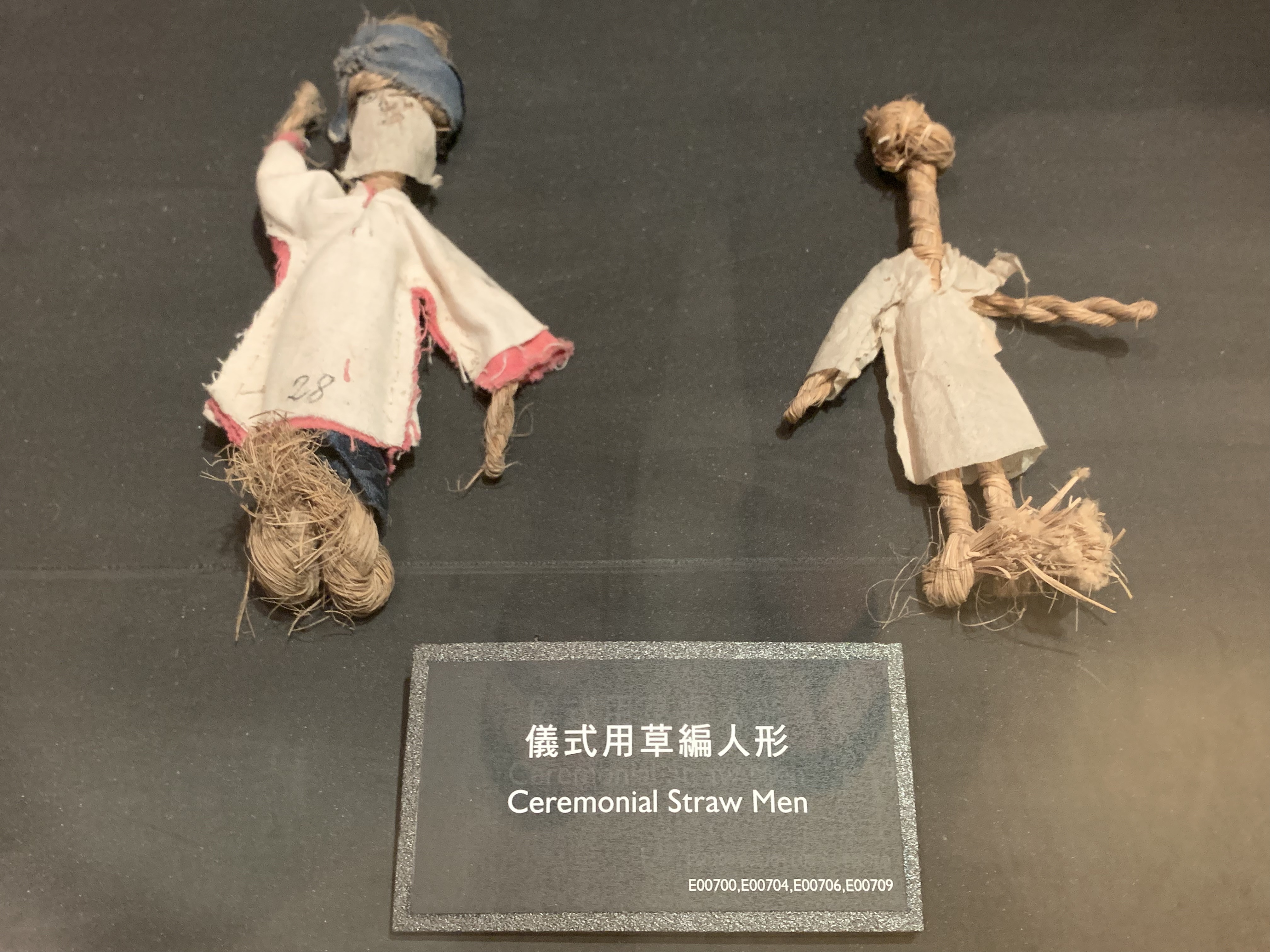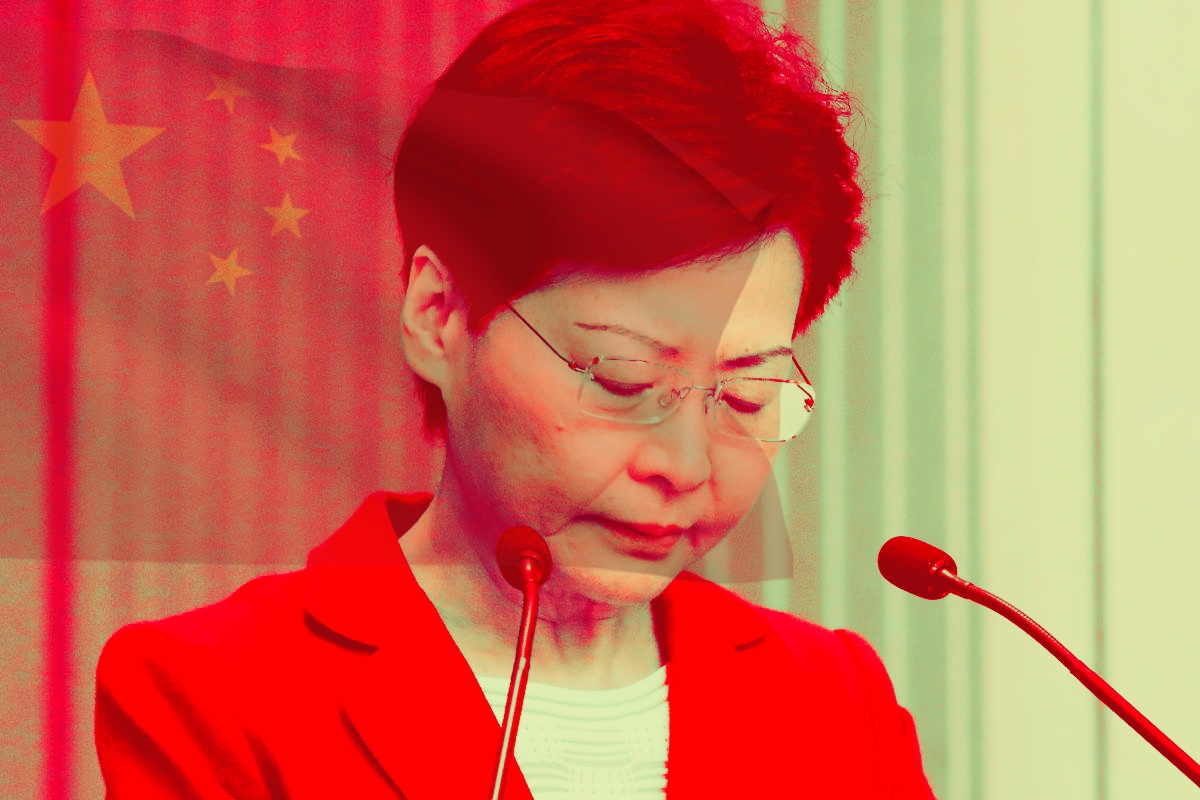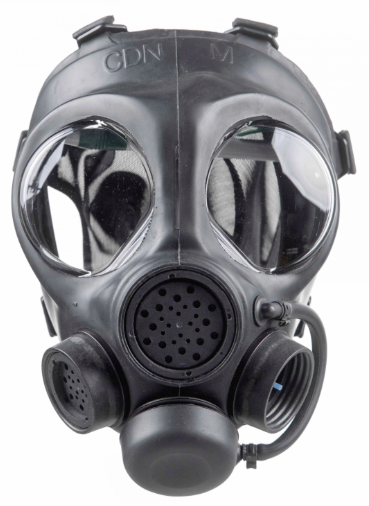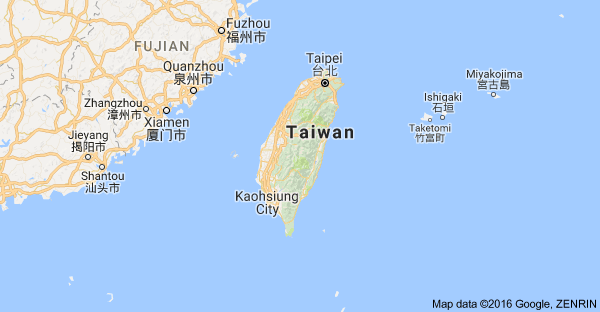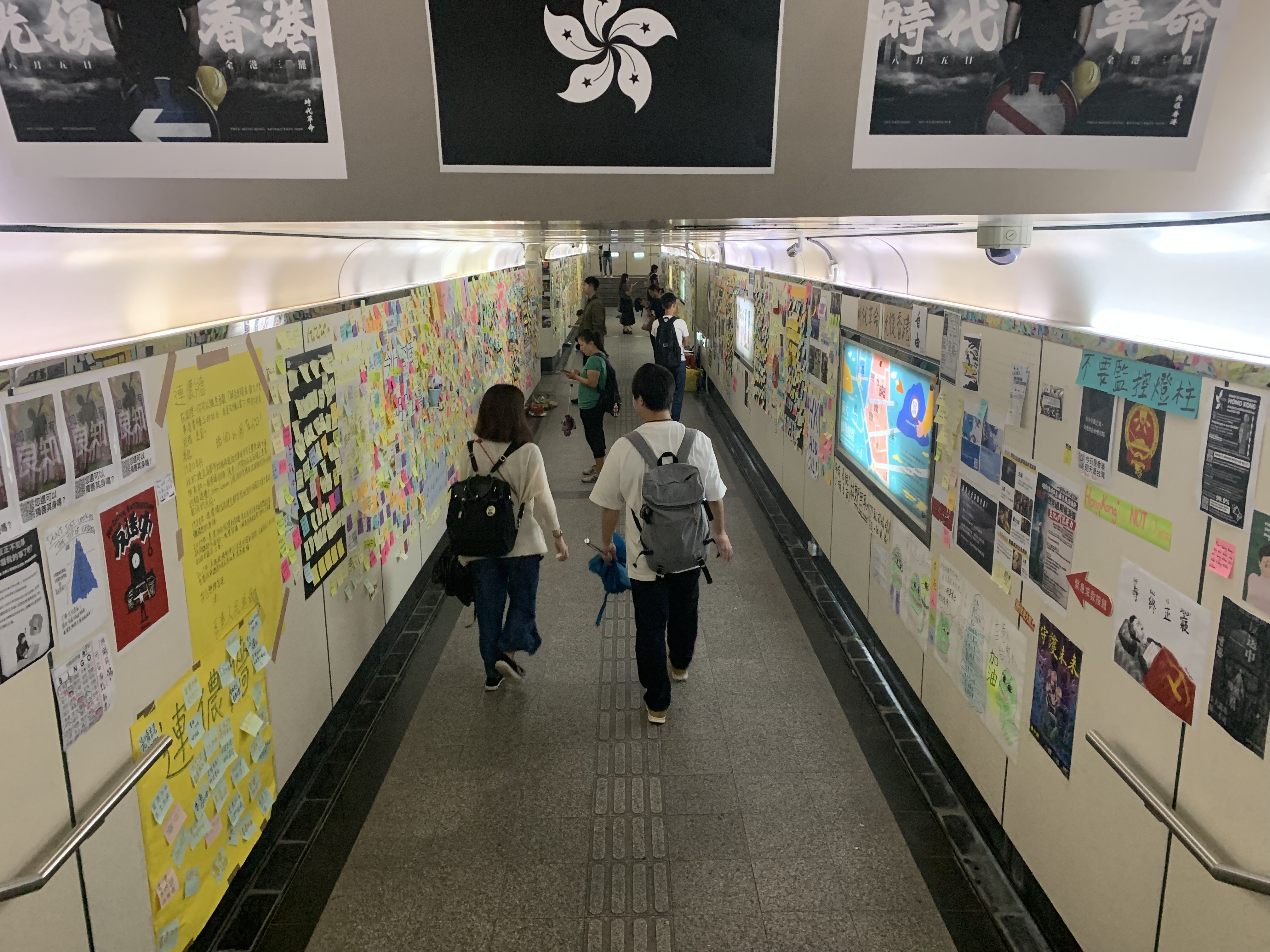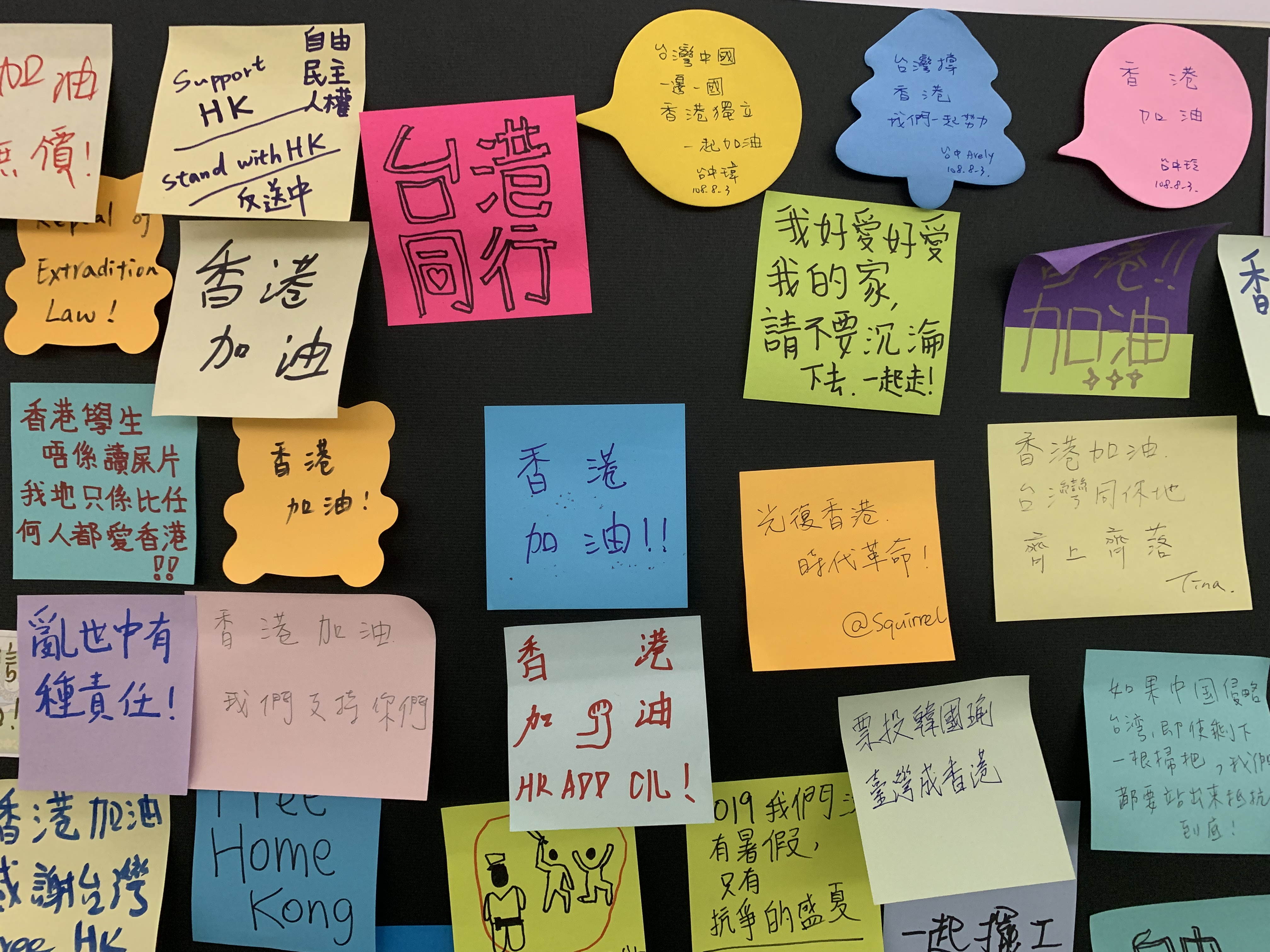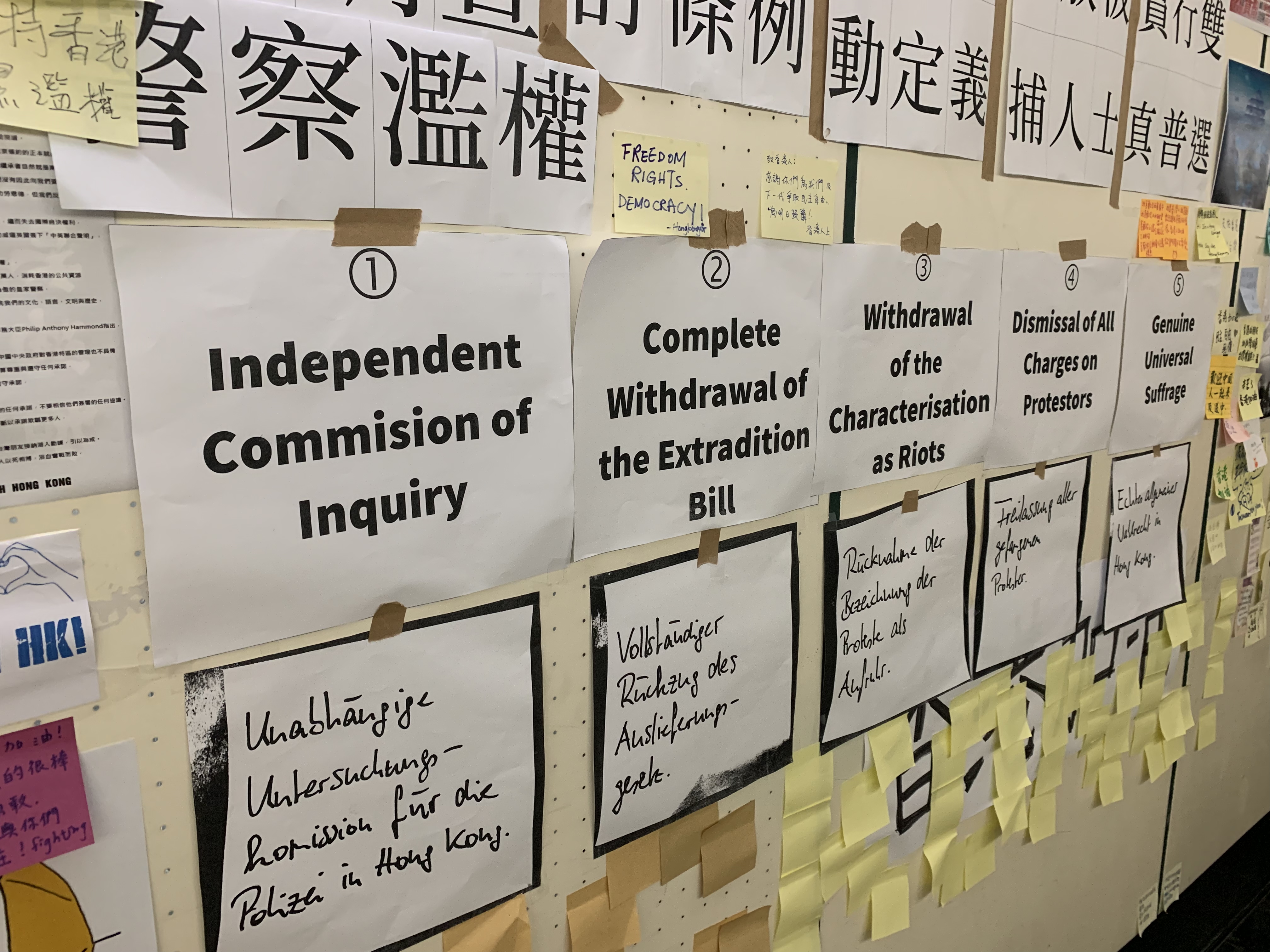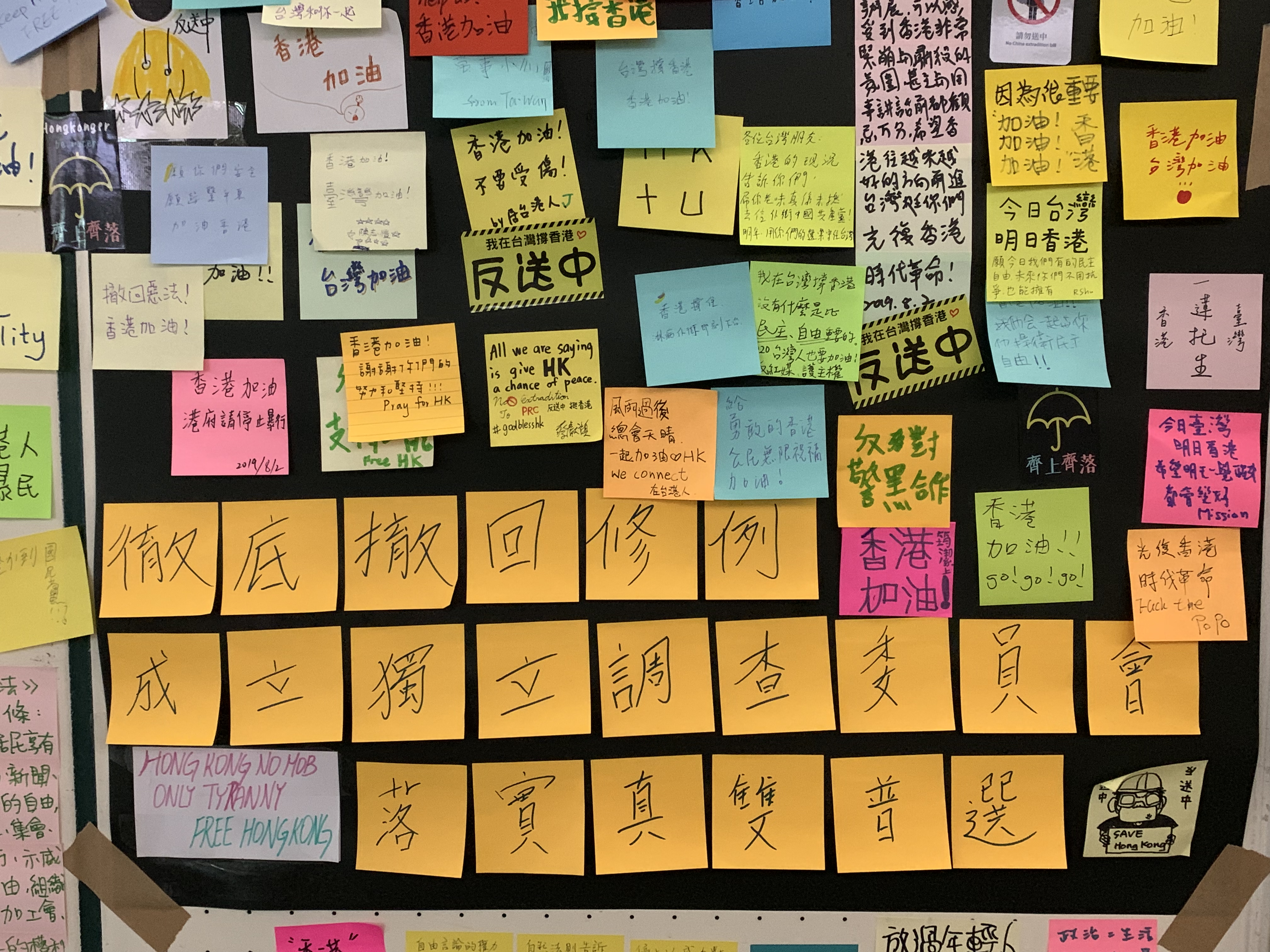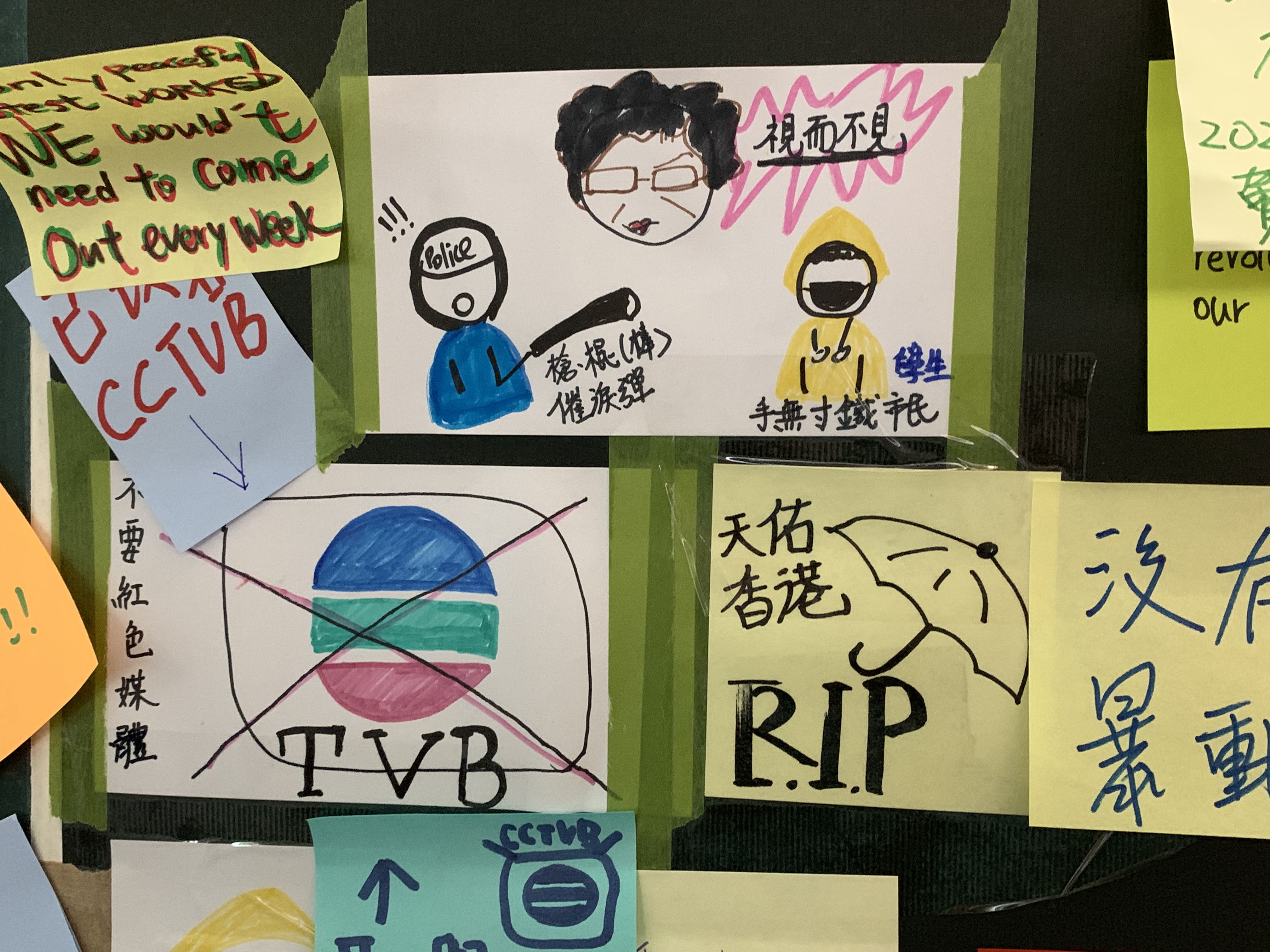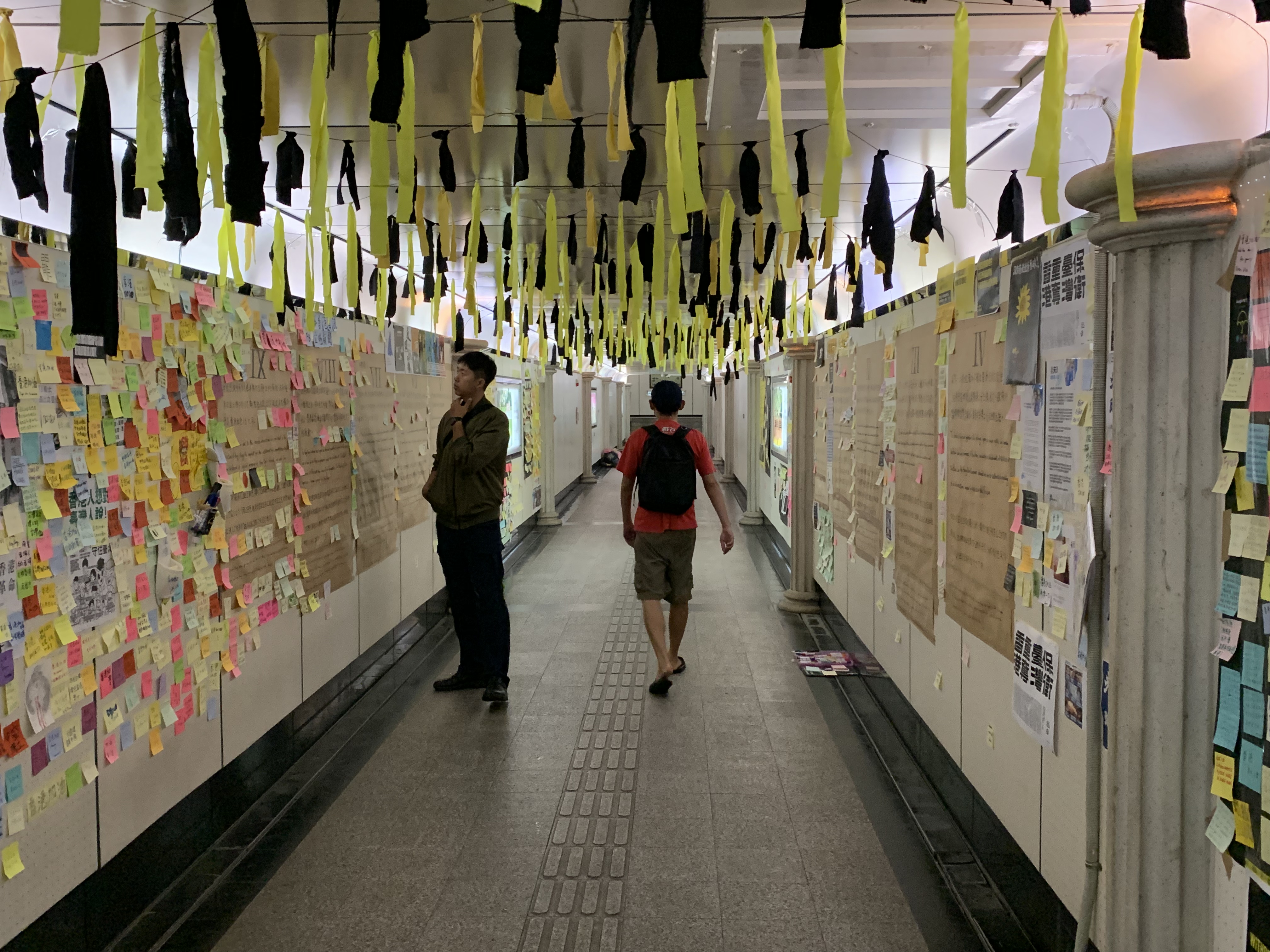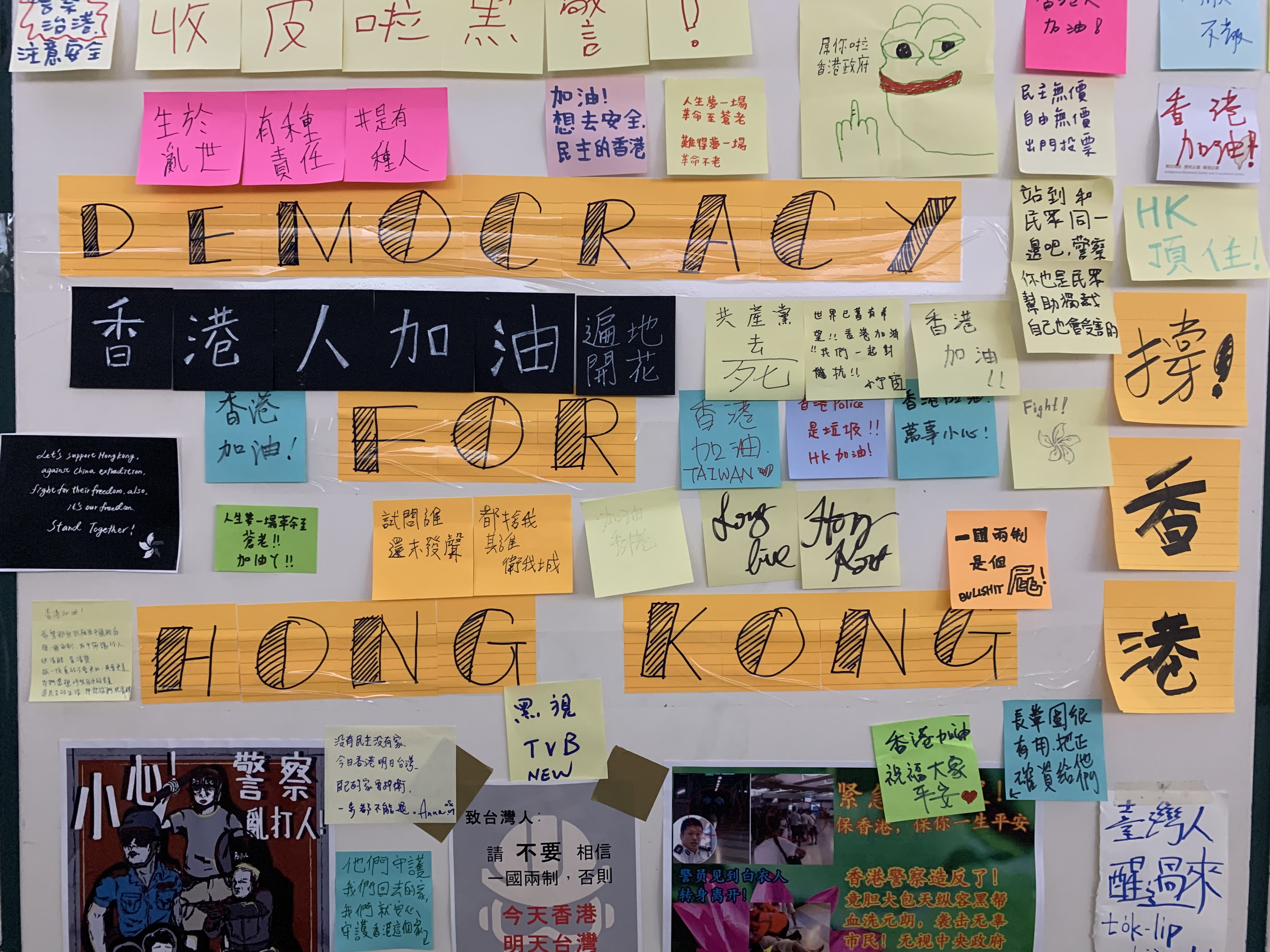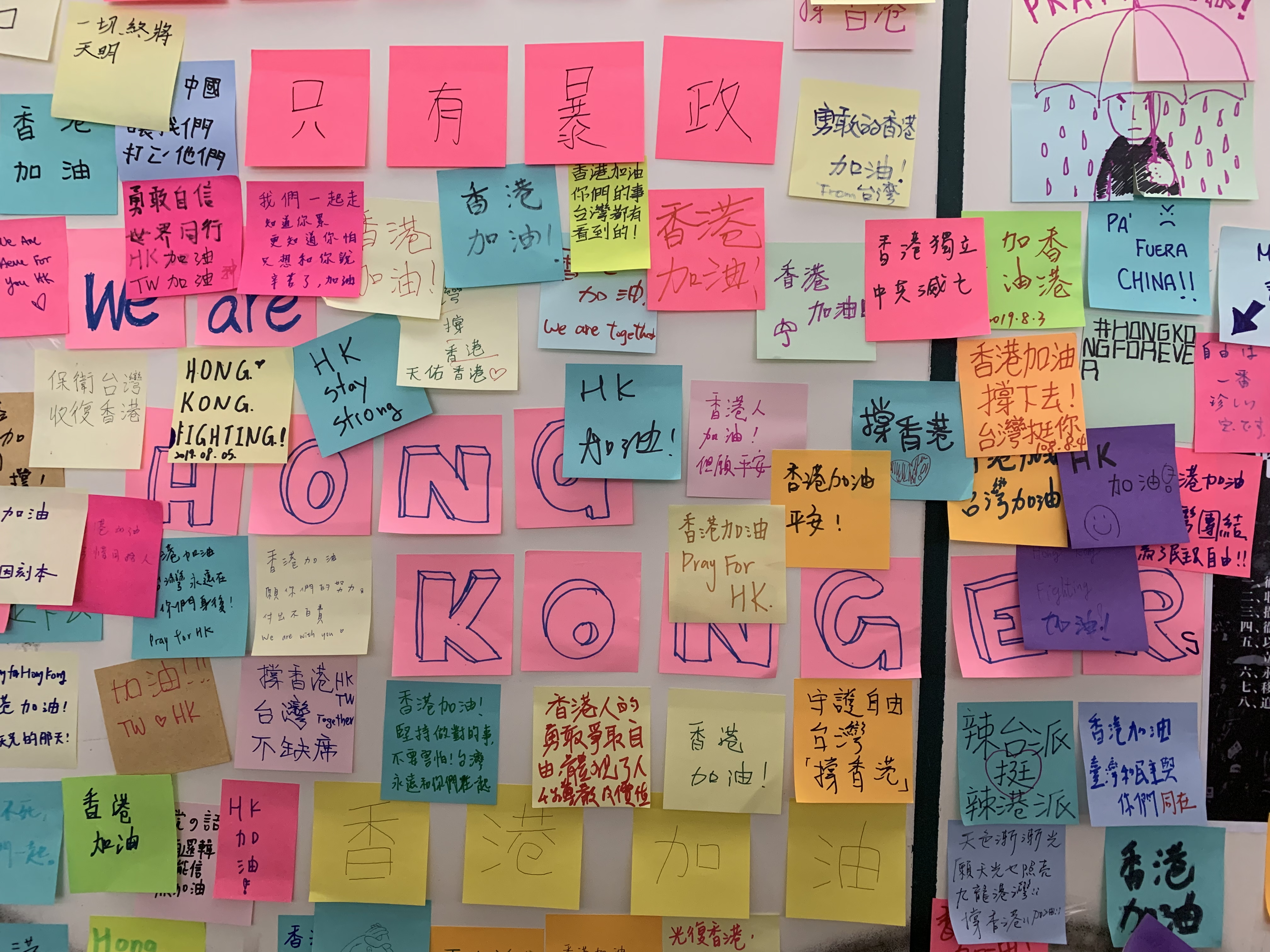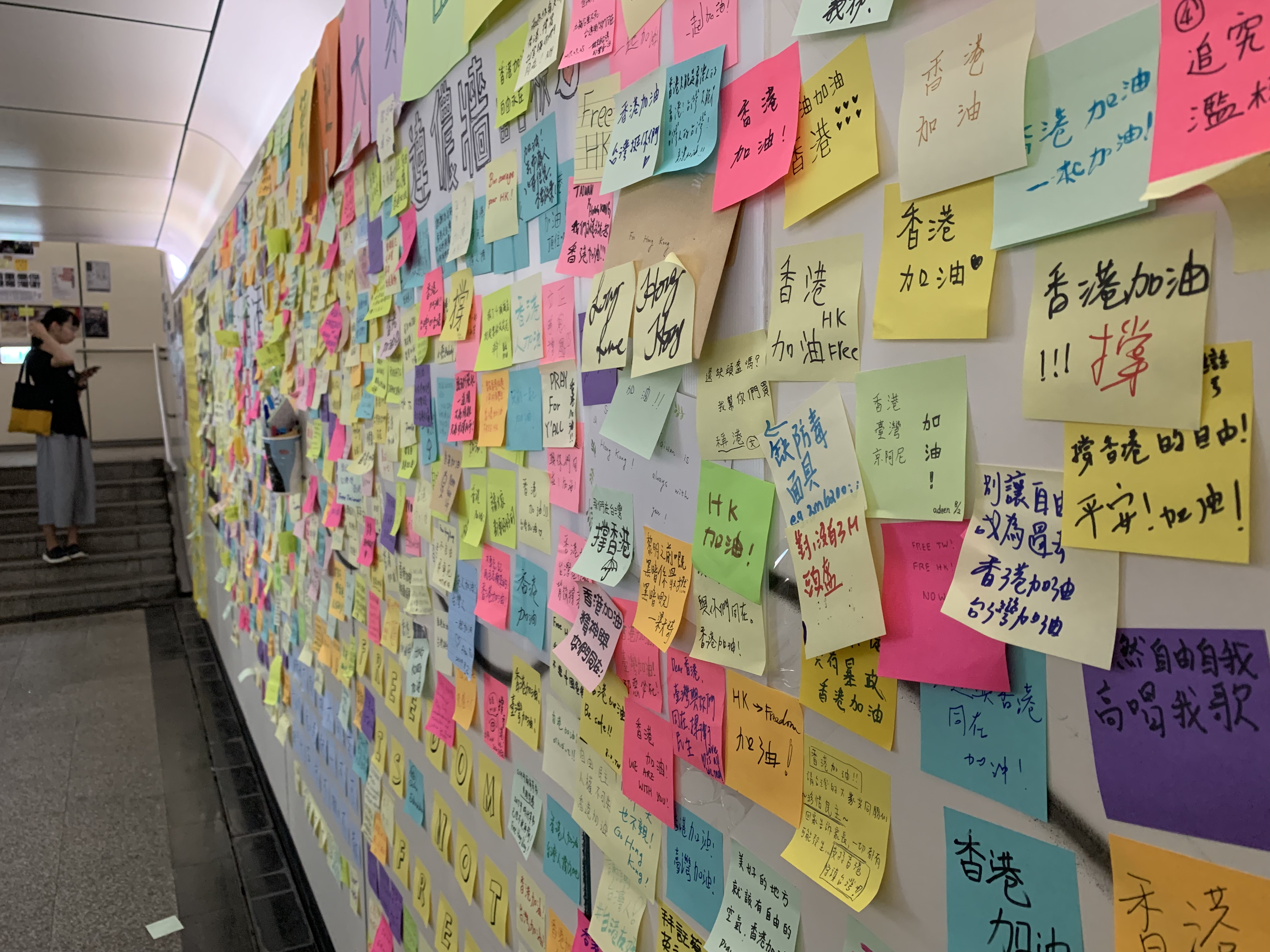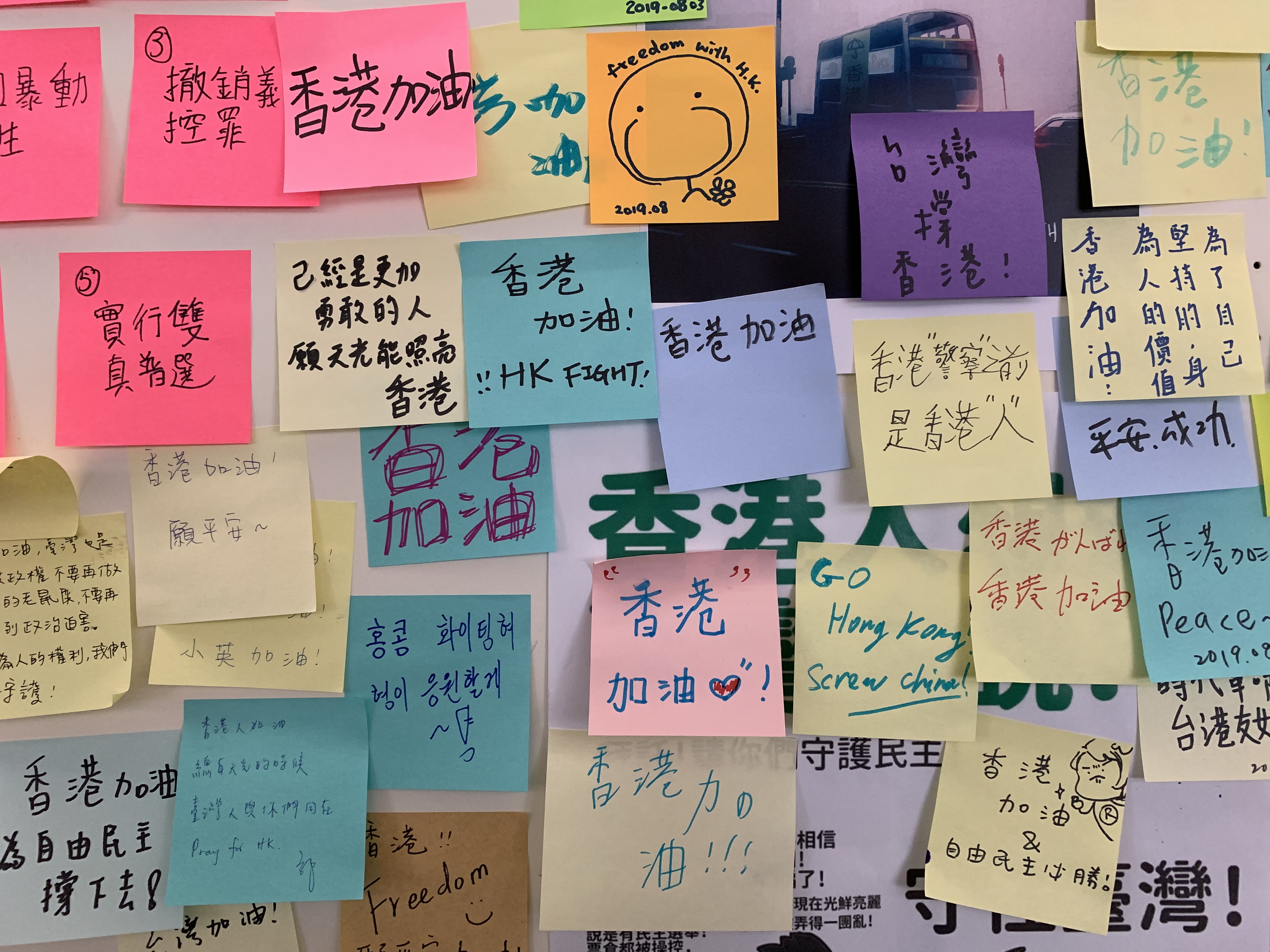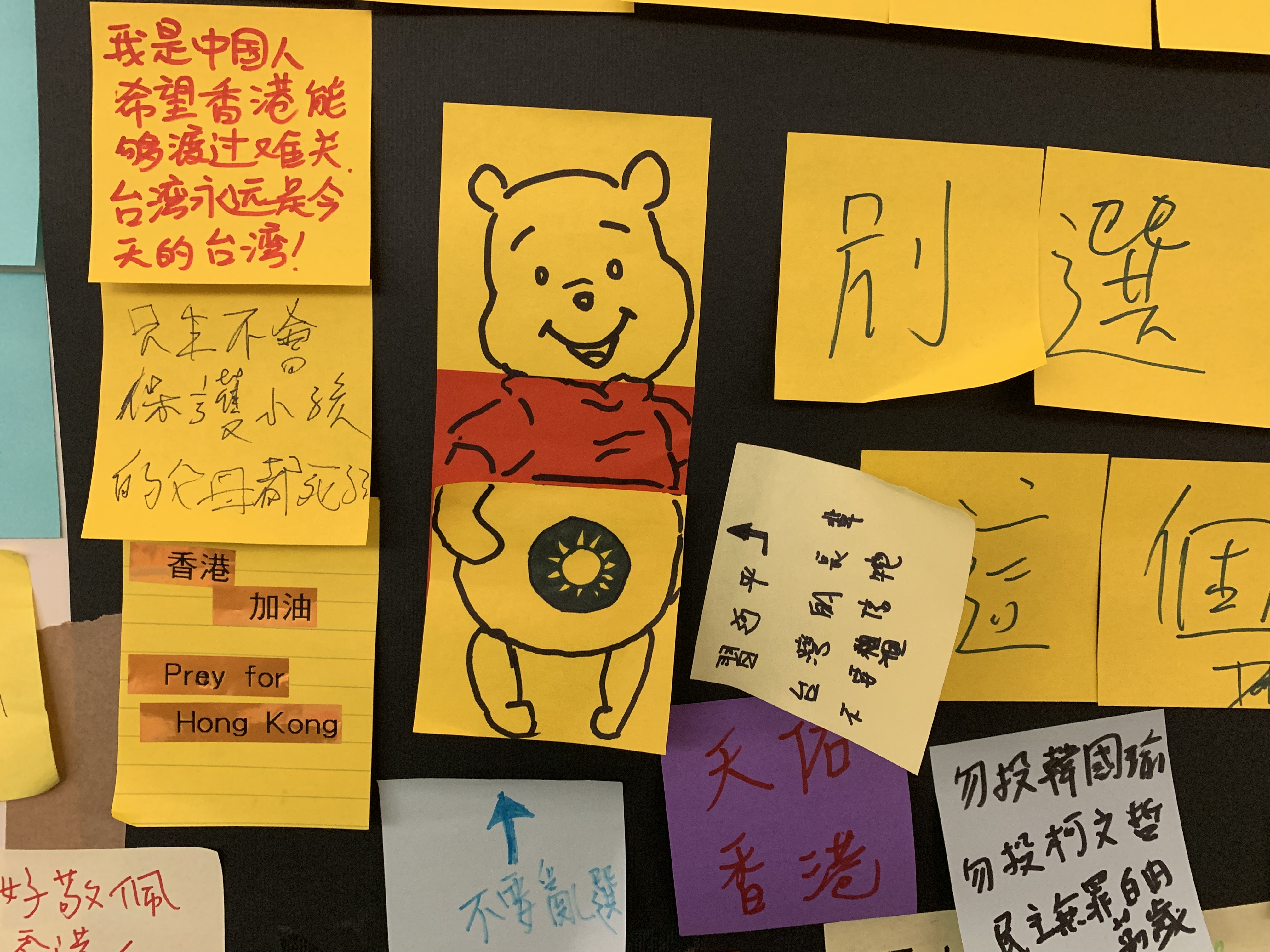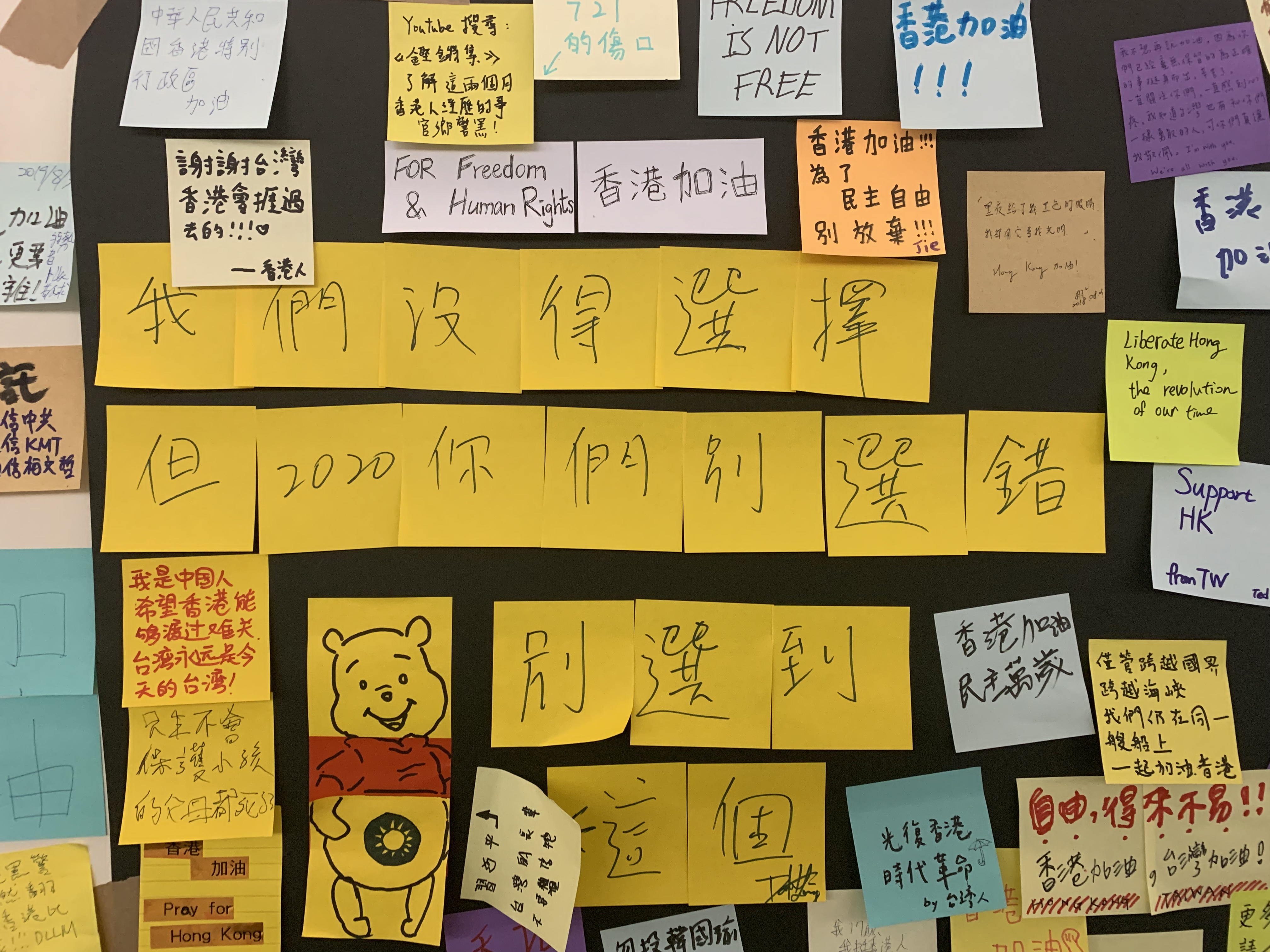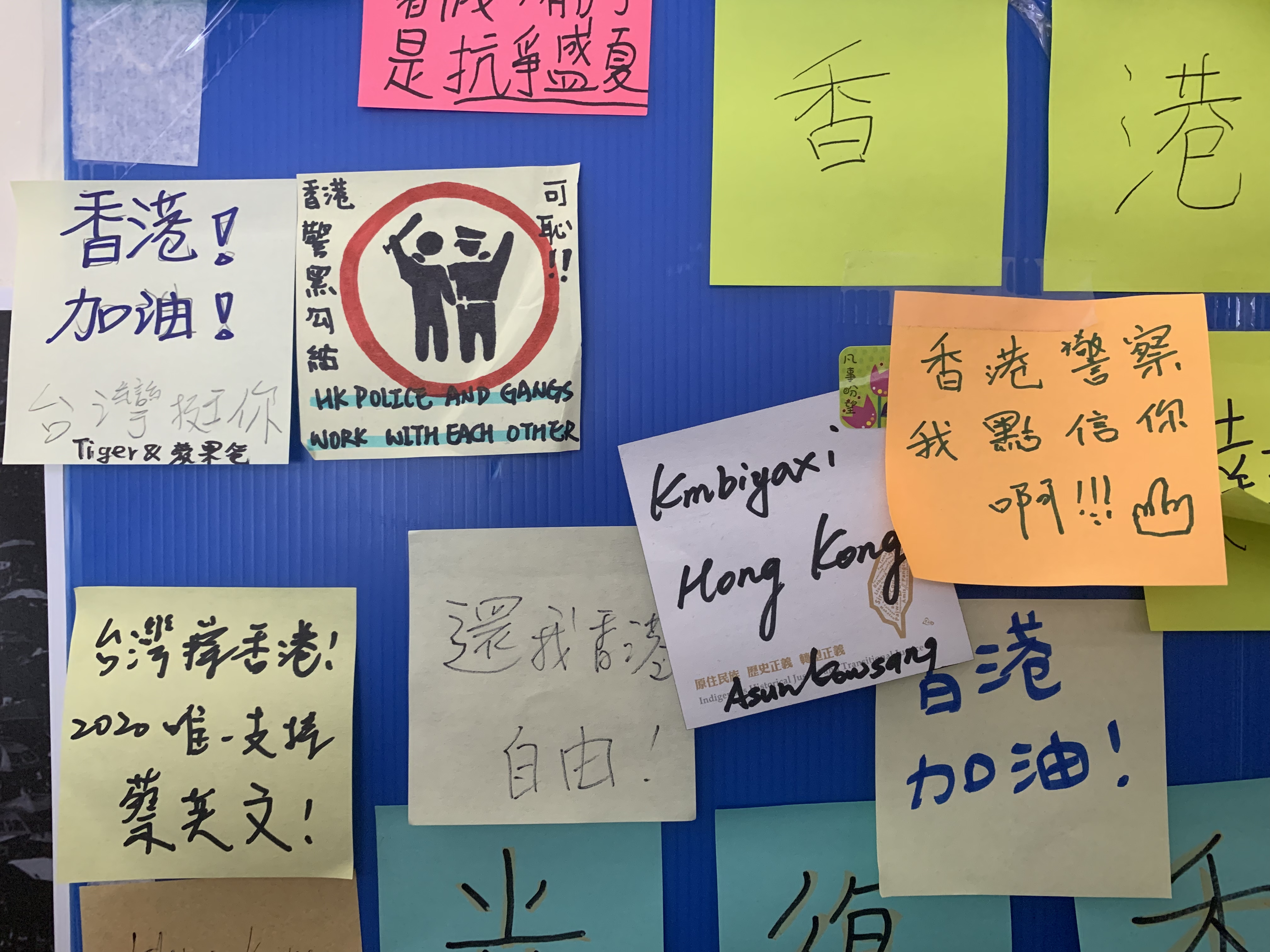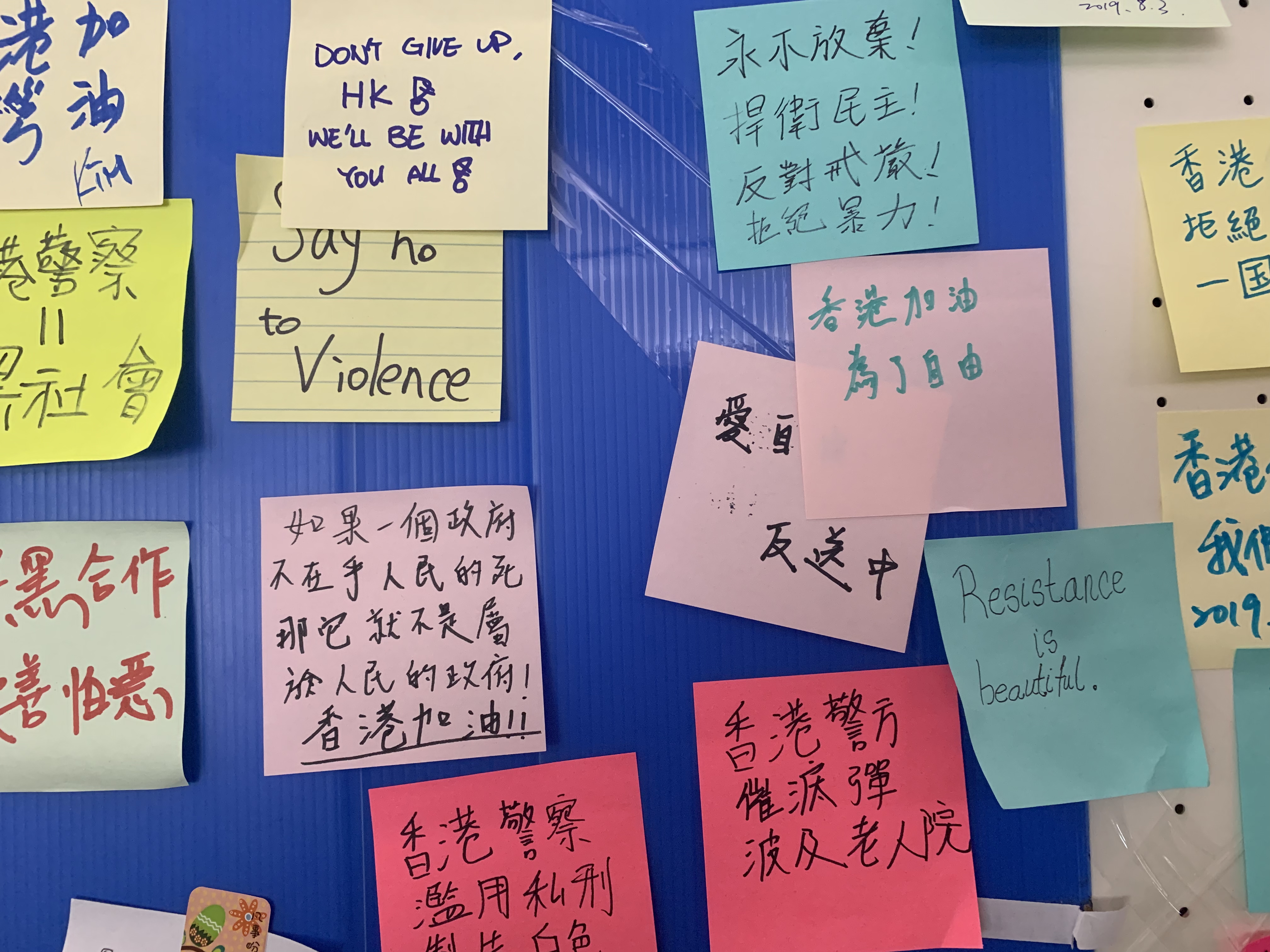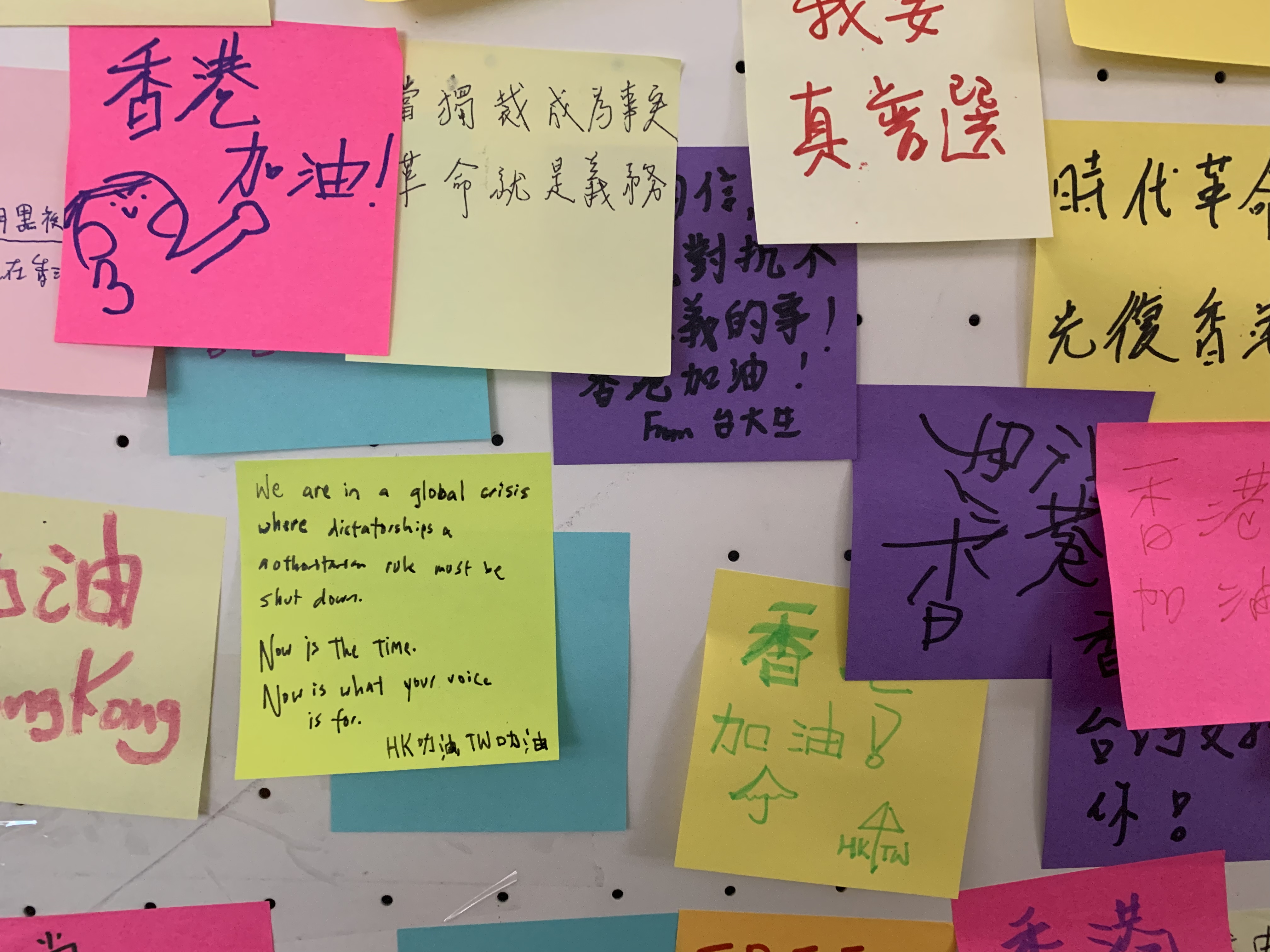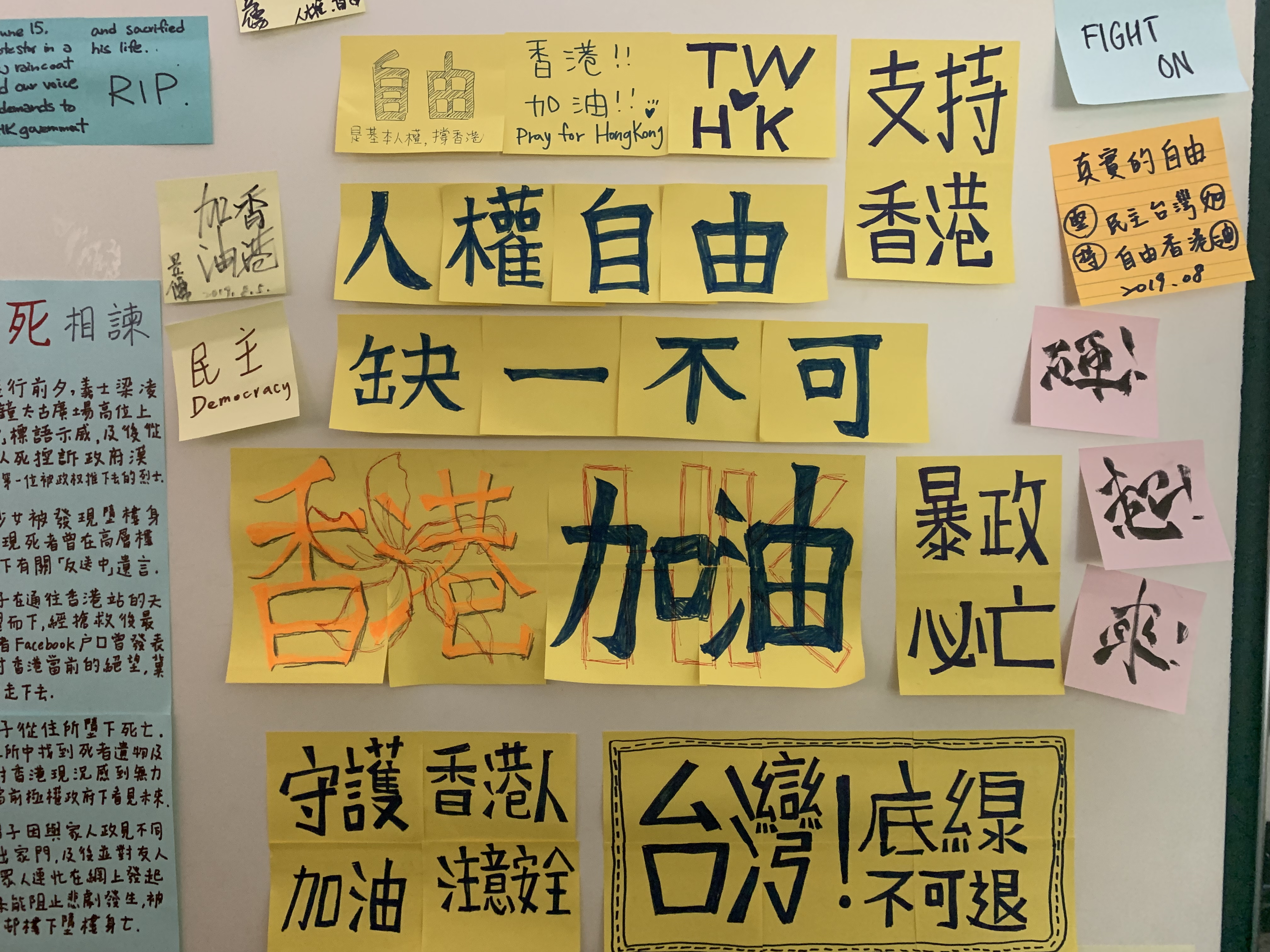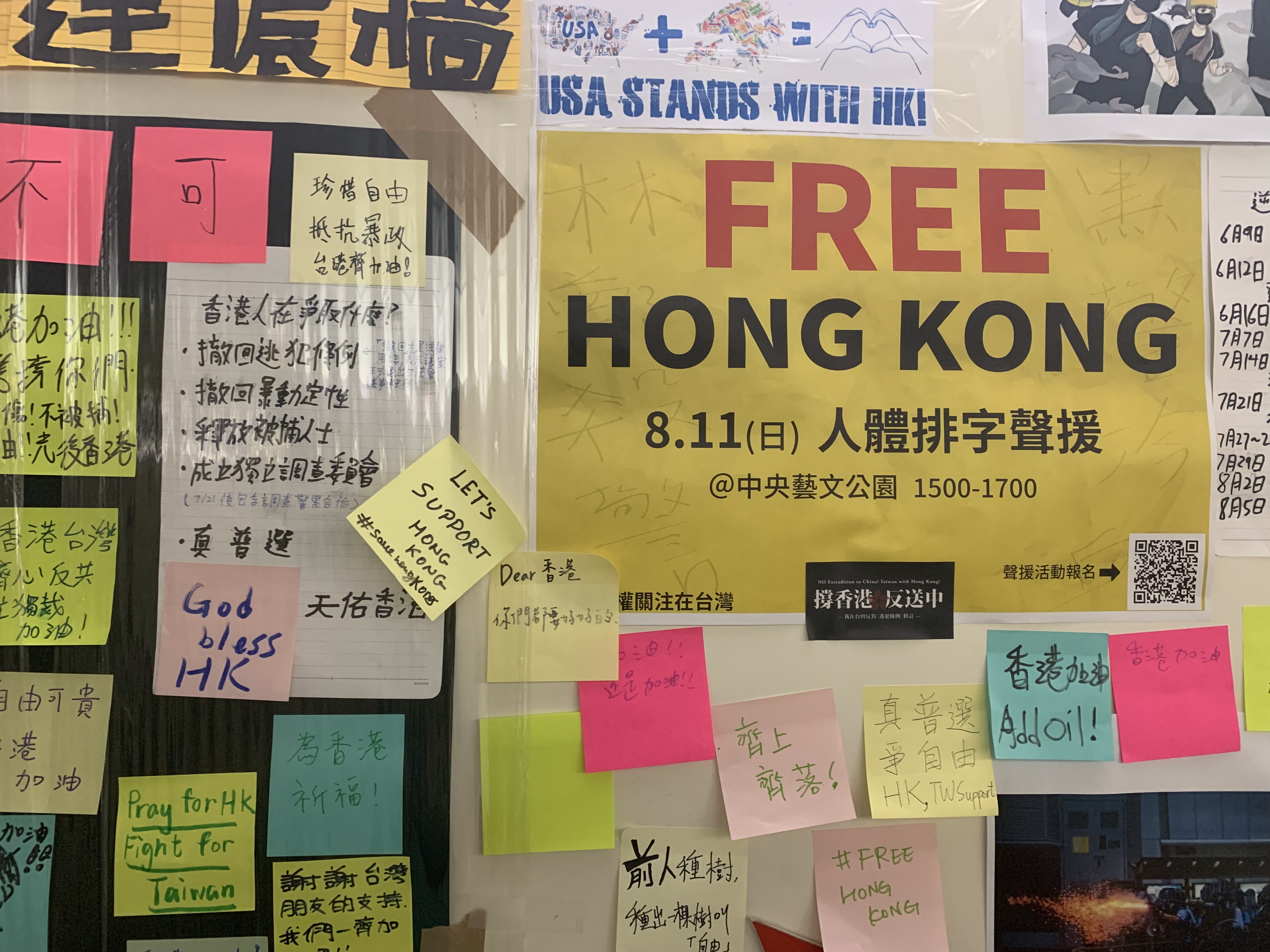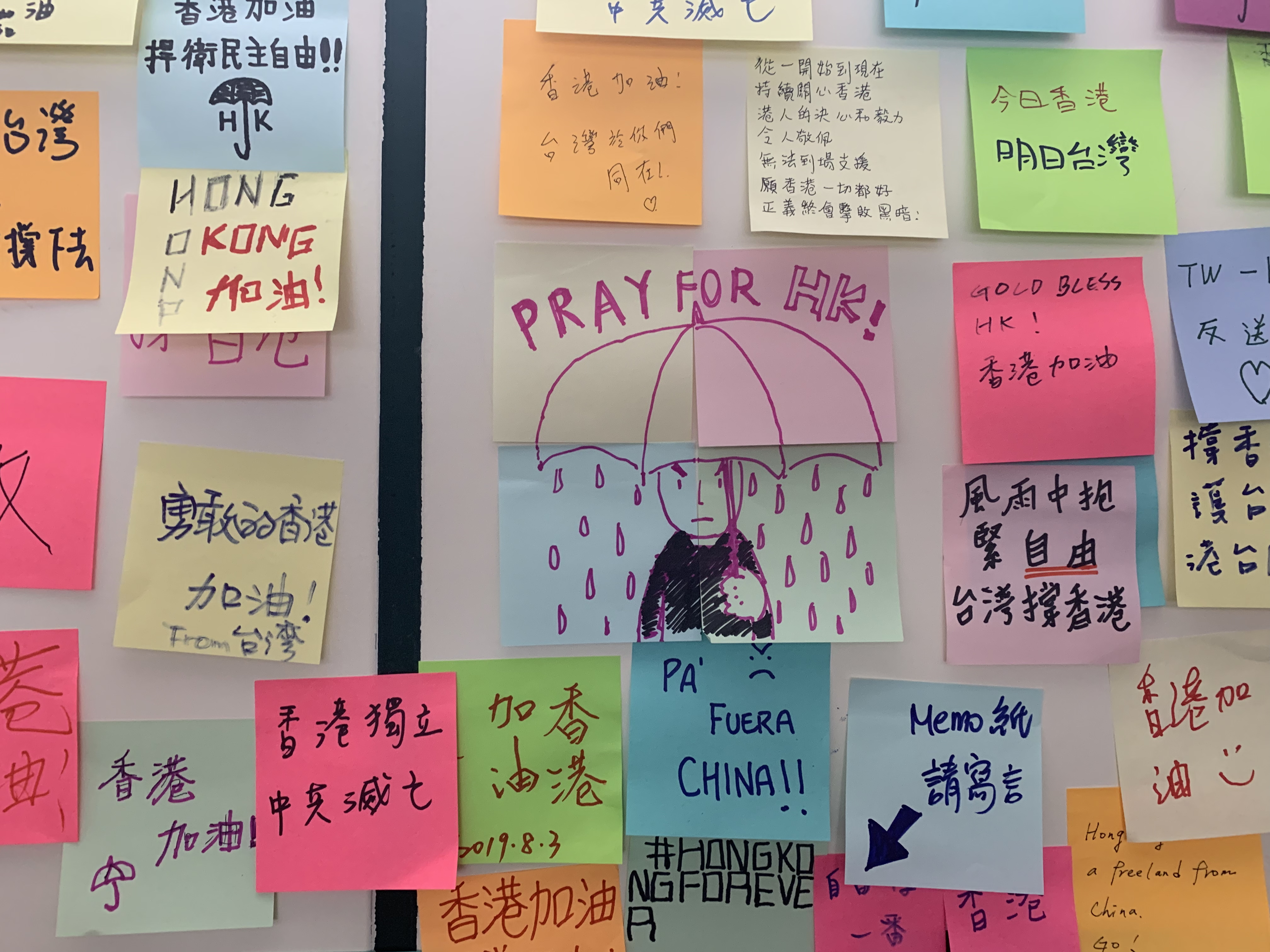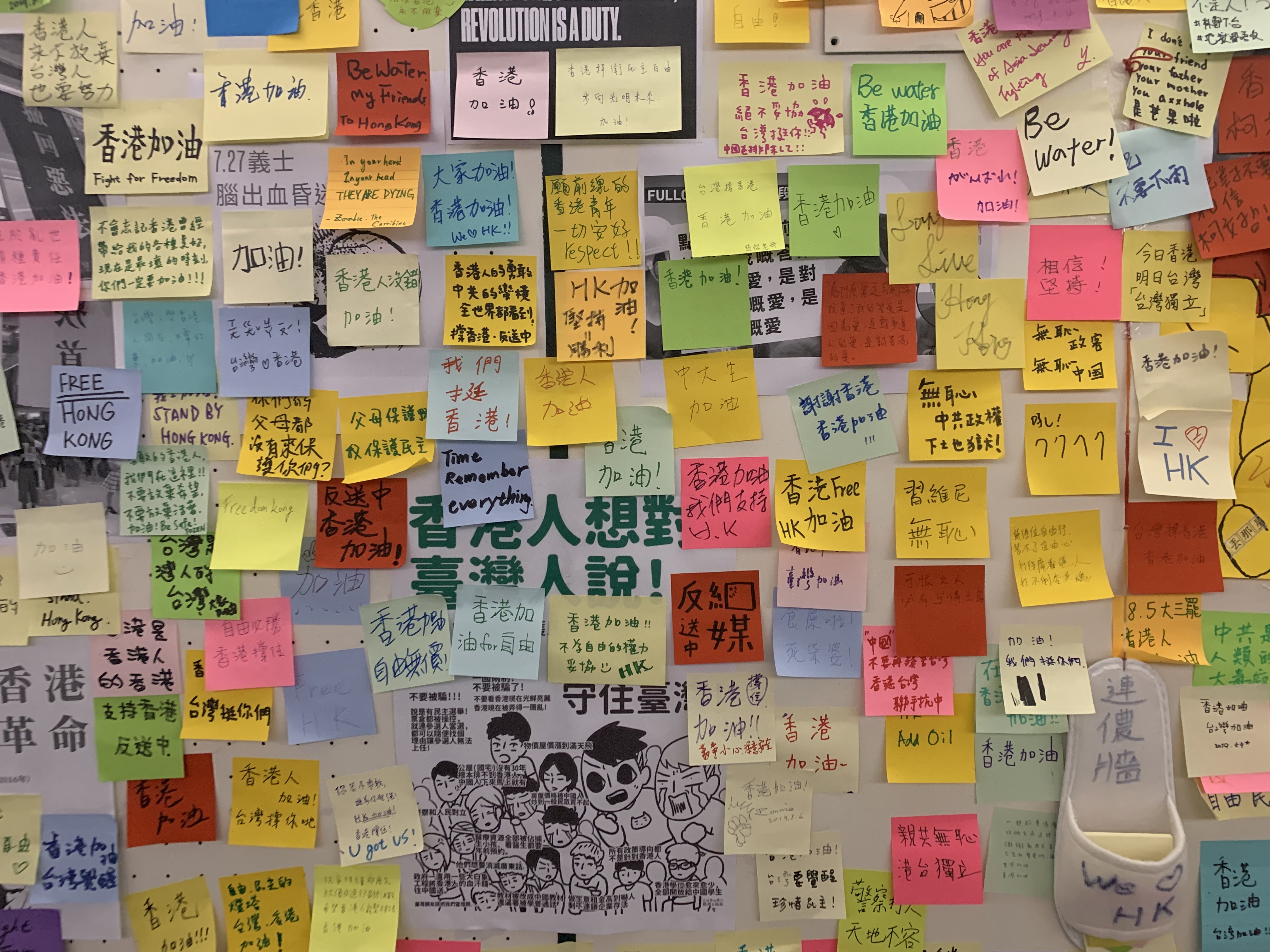
Some sort of "analysis" popped up recently on SupChina which I ardently disagree with. I normally wouldn't bother about writing a whole reaction post for something that's not entirely awful, in a media outlet that's not mainstream. But, I feel like addressing this time as doing so will hit on a few areas of China media literacy and criticality where we all need to stay sharp.
Let me first say that the piece, which talks about why so many Chinese seem to actually like, or even love, their absolutely awful government, isn't wrong per se (though some areas could use a bit more complexity). It's that it doesn't quite draw a clear cause-and-effect line the way it purports to.
In short, the reasons they give in the piece - "the economy! Chinese history! Cultural reasons!" - are all talking points for those who defend the CCP. There's nothing new - it's the same litany you'll hear from one of the more loquacious fifty-cent trolls. By repeating these excuses uncritically, SupChina is legitimizing them - but they are not legitimate.
Think about it this way: how do you get from "China is a country that has a literal gulag archipelago and comparisons to Nazism are not unwarranted" to "but many Chinese citizens like and will defend their government"?
How could it be as simple as "the economy - and also, culture"? How could we possibly take such an answer on its face, either from SupChina or any given Chinese citizen spouting such excuses? I'll come back to these questions later.
Before I start in on how foolish it would be to do so - and I will start in at length, believe me - let me say two things.
First, I really appreciate is the emphasis on the lack of political data for China. A lot of "Chinese people think...." analyses lack this crucial detail, making it sound like the writer actually knows what common sentiments are. Even if polling existed, it's doubtful that the people polled would feel comfortable being honest.
Second, I'm going to talk a lot about Chinese people often believing certain things because they're educated to do so, and that education is reinforced by Chinese media. I want to say now that this is not a simple "they're brainwashed!" or racist "they just can't think critically!" diatribe. People in China, as anywhere, are just as capable of critical thought as anyone else and many can and do form the ability. My point is only that institutional barriers to doing so are both intentional, and higher than in many other places.
It's not the economy, stupid - it's what people are primed to think about the economy
The piece expends a huge percentage of its word count on how improving the Chinese economy caused a lot of people in China to look favorably on their government, and almost none on education and media censorship.
But those who have been positively affected by the economy - which I admit is a massive number - are taught at school that this miracle which has helped them and so much is entirely thanks to their government, whether or not that's true. This message is reinforced by the media. Sure, they can look around them and see that things have gotten a lot better economically (and they have, even since I lived there in the early 2000s). But when no competing stories are allowed regarding why that is, and no stories about those still living in poverty make it into the news, the real point here is that the economy improved stupendously and the CCP gets sole credit for it by taking that sole credit - by force.
Does the Chinese government really deserve such kudos? I'm no economist, but one thing I've noticed in my adult life is that while economic policies have an impact, generally speaking economic ups and downs can be bolstered or mitigated with such policies but the actual waves can't be changed much. And when an economy has all the factors in place and the market is open enough to give it the necessary space to happen, it's going to happen no matter who's in charge.
It doesn't matter though, because that's not the story. I can't repeat this enough: many Chinese citizens will say "but the CCP lifted millions out of poverty!" not because the CCP itself necessarily did so, but because that's the only narrative they render possible in China.
There's also an implication here that all of the awful things the CCP have done - the genocides, the mass famine, the cultural destruction, the near-total lack of freedom - are not only justified by "the economy", but are necessary components to bolstering it. And that's just nonsense.
But if you're not taught about all of the atrocities and so are only vaguely aware of them if at all, you don't hear about massive wealth inequality outside of your east coast Chinese bubble, you grow up with a lack of freedom being normal, and you're consistently fed the line that only the CCP could engineer such stunning growth and anything you hear about the horrors they've inflicted on the country are either justified, necessary or simply non-existent, and you are encouraged by both school and society not to think too deeply about it, only then could you ever use "it's the economy!" as a reason for supporting the CCP.
What about the people the economy left behind?
Oh yes, and the fact that you can only use this "but the economic growth! They lifted so many people out of poverty!" story if you are talking about (or to) the people that actually got lifted out of poverty. Of course they'll defend the current system - they benefit from it! And, to quote Upton Sinclair but with less sexism, it's difficult to get someone to understand something when their salary depends on their not understanding it.
Ask any one of the millions of people in towns and villages that are not on the east coast, which benefited less (if at all) from the economic boom. Rather like Trump voters who really believe that their man is gonna make everything "great" "again" but just needs more time, you might meet a few who think they are temporarily displaced middle class that the CCP is coming to help any day now, but I wonder how many would just look at you like "whatever dude". Ask a Tibetan. Ask an Uighur. Ask a person of Hmong (Miao) or Dong or Li heritage.
But you didn't ask them, did you? You asked some rando on the street in Shanghai with a fashionable bag (real or not). The students who could afford to take your English class. Maybe you talked to Chinese wealthy enough to travel abroad. Or you didn't ask anyone personally and just read the online opinions of Han Chinese wealthy enough to have an Internet connection.
You asked privileged voices, and so of course you'll get privileged answers.
Wanna know how I know? Here's how:
In the 1990s, the word for tourism (旅游 lǚyóu) was novel for most of China’s population; today, there’s not a single country in the world that Chinese tourists do not visit.
Great, but what you mean is that there's not a single country in the world that Han Chinese tourists do not visit - because good luck getting a passport if you're Uighur.
Again, the article itself isn't wrong per se, a lot of people of this class and background do support the government because they have benefited from the economic gains China has made. But I'm really curious what people who haven't benefited think, and there are still huge numbers of those thanks to that wealth inequality problem (though I concede that we don't really know what the true statistics are, they're probably worse than imagined.)
Can we please leave Confucius out of this?
This is where I think the article in question, and most commentary on China (and Taiwan, and most of East Asia...) goes off the rails and right into a ditch:
Confucian thought is of course an important part of China’s cultural fabric, and if there’s one thing that Confucius was very clear about, it was the need to respect authority.
Many Chinese people argue that theirs is a more collectivist society, which means that they’re willing to give up some individual rights in exchange for prosperity and the greater good. This argument suits the Chinese government just fine.
No. I have no time for the excuse that "Chinese culture" provides less fertile soil for democracy to take root.
The article name-checks Taiwan, which is also "more collectivist" than the West, and which has Confucius temples and a few people who will tell you the old guy matters (though most people don't think about it much in their daily lives), and yet still has a pretty successful democracy. But Hong Kong is an important example too - it's quite clear that "Chinese culture" is not holding them back. Tiananmen Square happened, and "culture" didn't hold the demonstrators back - tanks and bullets did. So why do people keep saying this?
Again, it's not exactly wrong: the writers were quite right to point out that this line of thinking benefits the CCP and it's not as though Confucius is entirely unimportant. It's not that Chinese society isn't collective at all.
But it's a bit like arguing that "Aristotelian thought is of course an important part of Europe's cultural fabric, and if there's one thing Aristotle was very clear about, it was that a wise monarch would be better than a democracy. That's why European nations often still have royalty."
Besides, it also ignores the similar importance of Lao Tzu and other thinkers to Chinese cultural fabric, and (to oversimplify by a lot), that dude was all about how we should all do what you feel and just chill, okay? Of course, you don't hear as much about him because it benefits the CCP to elevate Confucius.
And, of course, it oversimplifies Confucius. Confucius was all about the need to respect competent authority, but he was just as critical of tyrannical authority. Didn't he say that a tyrannical government was worse than a ferocious tiger (苛政猛於虎)? That was my buddy C-dog, right? I don't have my Chinese proverbs mixed up?
Plus, he was very much a proponent of critical thinking, if you read him right. Confucian education was more than memorization - it was about applying everything you'd learned to real situations. Honestly - do you think some people (not me though) think Koxinga was a legendary general because of how much stuff he memorized? No - it was how well he applied what he'd learned to real battle situations.
So where's all this "Confucian thought is so important" and "we are a collectivist society" and "Confucius said respect authority" coming from? From the very last line quoted above.
These things are oft-quoted as "important" because the CCP has engineered them to be so. It's in the education system, the media, everywhere.
Todd, who lives in China: "But Chinese education is based on Confucianism! So if Confucianism encourages critical thinking, doesn't that mean that Chinese education teaches it?"
Nope. Chinese education isn't Confucian, it's authoritarian. They are very different things. Confucian education did involve a lot of memorization and strong respect for authority, but authoritarian education specifically seeks to instill in you exactly what the people in charge want you to believe. Confucian education was only available to a select wealthy few who could afford it. Authoritarian education seeks to be more universal - not for the noble reasons you might concoct (though good reasons for universal public education exist, and I support it more generally), but to make sure the Party's values are inculcated into as many minds as possible. They even build whole camps where they force it on you! And it definitely does not promote critical thought.
Of course, the CCP wants you to believe this is "Confucian". It sounds better, it comes across as culturally respectful, and provides a handy excuse for why it is so memorization-and-testing-heavy that doesn't sound so...well, authoritarian.
Todd: "But Taiwan's education is like that too!"
Me: "Yes, because Taiwan is in the unfortunate position of being a democracy with a holdover authoritarian education system created by the Japanese and continued by the KMT, which desperately needs to be updated to reflect contemporary Taiwanese society if its democracy is going to weather the coming storms."
If you still want to believe that the reason here is "culture", not "education and media working together as engineered by the CCP", I can't help you, but I also can't stop a Hong Kong protester from jump-kicking your wrong assumptions in the face.
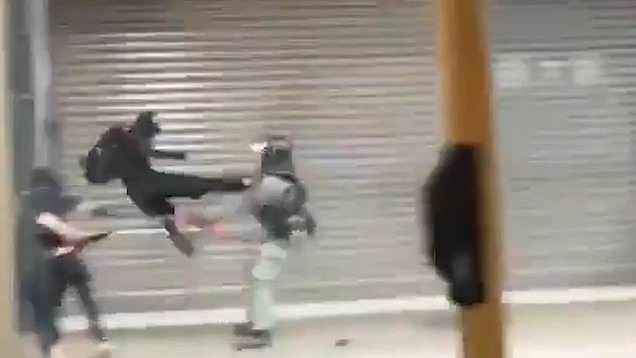 |
| Actual Hong Kong protester who has no time for your bullshit |
No, it's not about history either
I mean, everything SupChina said about Chinese history is true. The century of humiliation was a thing - for centuries, Western countries were all about being absolute titclowns to everyone else in the world, including that 1850-1950-or-so century. Of course they were jerks to China too.
This is what the Chinese call the century of humiliation (百年国耻 bǎinián guóchǐ), and every child learns about it at school [emphasis mine]. The Qing dynasty began in 1644. At the height of its powers, it expanded China’s territory to include Taiwan, Tibet, and what is now called Xinjiang.
But what Chinese schoolchildren don't learn about is how incompetent or outright colonial their own governments used to be in imperial times. I'm sure Chinese history textbooks spend lots of time on the imperialism of Western powers, but very little (if any?) on how the Qing weren't considered Chinese at the time and were also therefore a kind of colonial power in China as well. They probably don't learn as much about how badly Qing forces obliterated the countryside during their conquest and how much poverty this wrought. (If you're curious about some of the cultural products spurred by this devastation, read up on the history of the green lion.)
Let's not forget straight-up racism!
Han chauvinism - that is, supremacist and racist sentiment against non-Han people by Han people in China - is a real thing. In part, it's just a tendency you see across humanity; the racism you see by Han Chinese against, say, Tibetans or Uighurs isn't that different in terms of attitude than what you see in other countries against marginalized groups there. But in part, it's encouraged by the CCP, because it fits into their narrative of a 'superior Chinese race' and 'all Chinese people owe loyalty to China' to promote Han chauvinism. Plus, it's a handy excuse for the (almost entirely Han) elite to ignore the atrocities happening out west, if they hear about them. "But they're Uighurs. They're terrorists!" is an easy go-to if you want to pretend concentration camps aren't a problem. Same for "but China helped develop Tibet so much. It's good for those backward Tibetans that so many charitable Han Chinese have moved there."
Some of this is implicit in CCP messaging, both in school and the media - portraying ethnic minorities as just Chinese in different colorful costumes and funny hats, which makes it easy to accuse members of those groups that don't want to be "Chinese" of being "separatists". Some of it is more explicit (ever hear that song about being 'the same blood'?) All of it still goes right back to CCP social engineering.
But it's a lot harder to write honestly about the explicit use of racism in China by the CCP as a tool to stay in power than to just throw your hands up and say "Confucius! Century of humiliation! Wealthy east coast!"
What you're told, and what you need to tell yourself
So, of course, this all comes down to the same thing in the end: it's not about "the economy" or "Confucius" or "culture" or "history". It comes down to the CCP engineering what you learn, what you see on TV and online, what you read, what people are willing to say to you, and what you should be afraid of saying.
Why, then, does SupChina spend so much time on tangential issues but just 9½ lines (I counted) on education and the media, when that is literally the entire story and should be the main focus? Everything else branches off of that core, like spokes on a wheel, but this story is written as though the spokes make the wheel.
This is an excellent time to bring up the way that the United States also has a string of concentration camps, many of which house families and children seeking a better life, or to escape near-certain death, and how many Trumpists will either ignore or defend this, despite having access to a freer media environment and better education than in China.
Yup, because they benefit from the system staying the way it is and are hostile to any changes that endanger their position, if not economic, then race-wise (and often both). They were always pre-disposed to turning a blind eye or making excuses. This hostility and reactionary fear has been harnessed intentionally under Trumpism. You see some of the undercurrents of it in China regarding 'fear' of Uighurs and general Han chauvinism.
In both cases, there's an element of Stockholm syndrome, too. If you see no way to speak out, and no way to escape the system, you find ways to live within the system. You rationalize. It's what human brains do to cope. You were handed all these excuses in school, after all, and it's easy to use them (I mean this for both the United States and China - after all, I grew up learning about so-called "American exceptionalism". Yikes.) You might not even be fully aware of the government's worst atrocities (again, I mean this for both countries, though it's a more intentional ignorance in the US).
The key differences are, first, that in China it's centrally-planned and intentional - most US educational policies vary by state. And, of course, that in the US we can talk about these issues freely. That alone causes so many of those barriers I mentioned in the beginning to come crashing down.
To end with the key question I posed in the beginning - how do you you rationalize or ignore literal gulags and mass murder and defend the regime perpetrating them?
Because it either benefits you to do so, you are taught to do so, or you've created a coping mechanism because you know you can't change it. Or - as I suppose is often true - some combination of the three. It's never actually because "the economy improved" or "it's our culture" or "the century of humiliation" (which ended almost a century ago). Never, ever, not ever.
So why, oh why, would you take the litany of Chinese excuses on their stupid, CCP-engineered faces, as SupChina wants to do?
Look instead at where every one of these excuses originated, and therein lies the answer.

